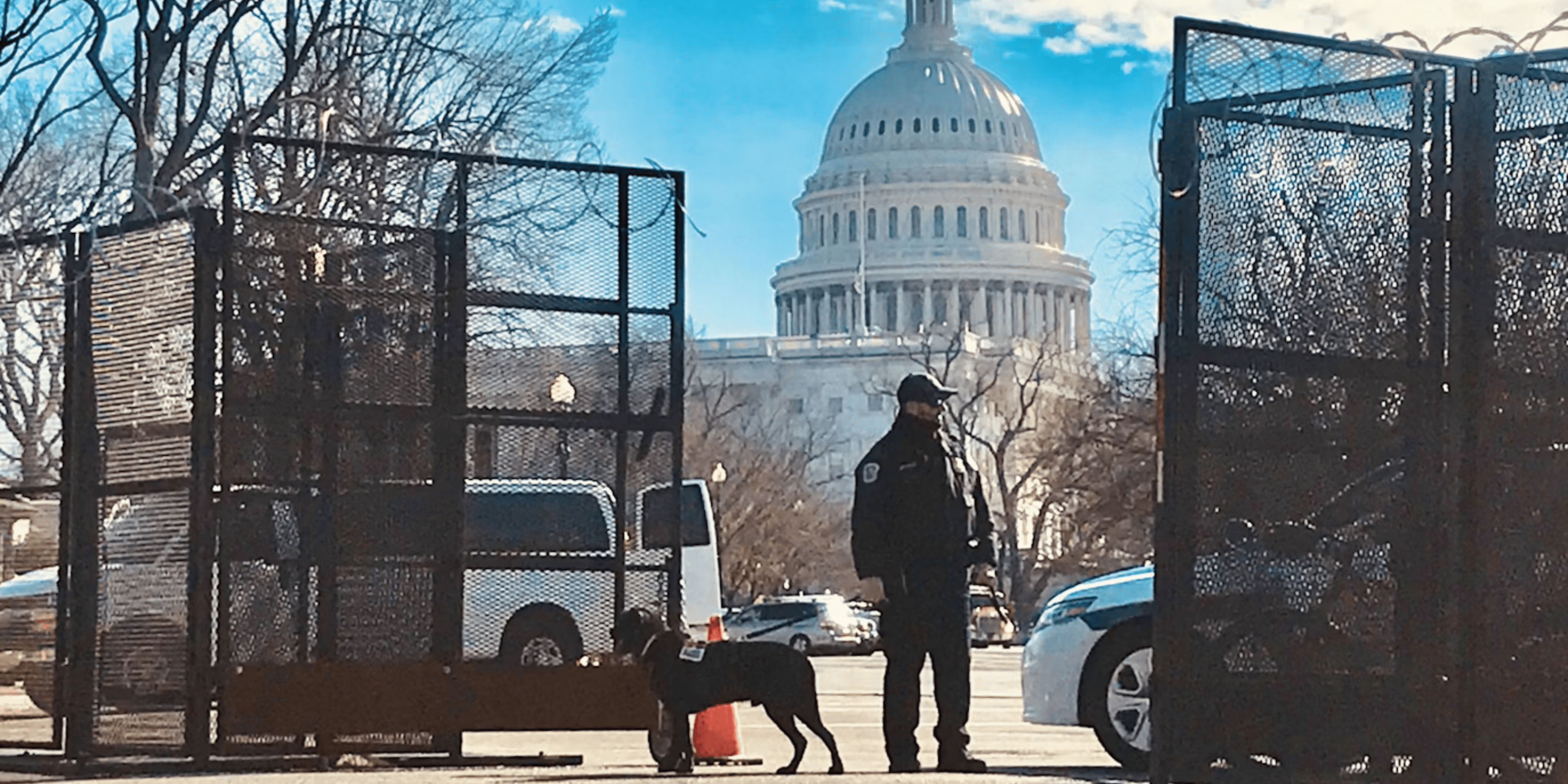newsletter
Your Daily News in Just 5 Minutes!
Featured
Americans Weigh Economic Strain Amid Policy Shifts and Global Ambitions
Today’s developments reflect a nation navigating economic headwinds, domestic policy turbulence and strategic global positioning. Consumer sentiment remains fragile as growth decelerates, while congressional maneuvering signals shifting priorities in technology infrastructure and international engagement. In the spotlight are manufacturing softness, a broadband permit overhaul, a national sports moment, judicial scrutiny of benefits programs and diplomatic‑security implications from the hemisphere.
Nov 24, 2025
Manufacturing Deceleration Signals Economic Headwinds
U.S. manufacturing activity in November dropped to its weakest level in four months, with the S&P Global flash manufacturing PMI falling to 51.9 from 52.5 in October. The decline was driven by a sharp fall in new orders—down to 51.3 from 54.0—and a record rise in finished‑goods inventories. These indicators suggest that demand is weakening and excess supply risk is growing in the industrial sector. At the same time, services activity held up better (services PMI rose to 55.0), providing a partial buffer. But persistent inflationary pressures, rising input costs and weaker consumer sentiment complicate the outlook. The slowdown in manufacturing signals risks for broader growth and underscores that the economy may be more fragile than headline GDP numbers suggest.

Broadband Permit Overhaul Fuels Local‑Federal Tensions
A legislative push by congressional Republicans is advancing a major overhaul of broadband permitting laws aimed at accelerating infrastructure deployment. The package, cleared recently by the House Communications and Technology Subcommittee, would set fixed timelines (‘shot clocks’) for local permitting decisions, ease crossing of railroad lines by internet‑service providers and exempt certain projects from environmental and historic‑review constraints. Local governments and municipal associations have responded with alarm, calling the reforms an “unprecedented federal intrusion” into local governance and infrastructure oversight. Meanwhile, cable and telecom industry groups praise the bill as streamlining a “patchwork regulatory burden.” The clash reveals a broader tension between infrastructure ambitions and local control, with implications for digital equity, build‑out speed and regulatory balance.

Consumer Sentiment Remains Weak as Inflation Expectations Shift
Despite some signs of inflation moderation, consumer sentiment in the U.S. remains deeply subdued. The University of Michigan’s November survey showed long‑run inflation expectations fell from 3.9 % to 3.4 %, but short‑term inflation expectations remain elevated at around 4.5 %. The decline in long‑term inflation hopes offers some relief, yet household finances still feel strained by high prices and wage pressure. Earlier in November, sentiment dropped to near‑record lows, in part due to the interrupted flow of federal data during the recent shutdown and uncertainty on the fiscal outlook. For policymakers and markets alike, this raises questions about the strength of household spending and the timing of interest‑rate policy shifts.

National Team Spotlight: Women’s Basketball Stars Join USA Camp
In a cultural and sporting highlight, stars Caitlin Clark and Paige Bueckers will make their debuts with the USA Women’s National Basketball Team at the senior‑level training camp scheduled for December 12–14 in Durham, North Carolina. The move is significant not only for their individual careers, but for the national team’s aim of securing a fifth consecutive gold in the 2026 FIBA Women’s World Cup. The fresh infusion of talent alongside veteran Olympic and professional players highlights the evolving landscape of women’s basketball in the U.S. and adds momentum to Women’s sport growth, media attention and team branding. For national identity and cultural resonance, it’s a notable moment.

Judicial Review of Benefit Delays Marks Legal Flashpoint
A key legal juncture is playing out as the U.S. Supreme Court recently extended a stay on the disbursement of full November benefits under Supplemental Nutrition Assistance Program (SNAP). The delay emerged in the context of the prolonged federal government shutdown and has affected millions of low‑income Americans relying on timely food assistance. The legal fight raises questions about federal budgeting, benefit continuity and the administrative authority of agencies in funding gaps. More broadly, it underscores how fiscal disruptions ripple outward into social safety‑net programs, with potential political and human‑impact consequences.
Looking Ahead
In the days and weeks ahead, attention will focus on the next set of economic data (once delayed by the shutdown), particularly how consumers behave as sentiment remains soft and manufacturing stalls. The broadband legislation will move toward floor votes, with local‑federal dynamics and industry lobbying intensifying. For the leadership in Washington, the political and economic headaches of the recent shutdown have not fully faded, and how fiscal and benefit‑policy issues are resolved will matter for the outlook. Meanwhile, the U.S. sporting stage offers a positive cultural lift, but national policy and economy will remain the key barometer for where the country is headed.
Related blogs
Related blogs
Copyright 2025 USA NEWS all rights reserved
newsletter
Get daily news directly in your inbox!
Copyright 2025 USA NEWS all rights reserved
newsletter
Get daily news directly in your inbox!
Copyright 2025 USA NEWS all rights reserved
Copyright 2025 USA NEWS all rights reserved














